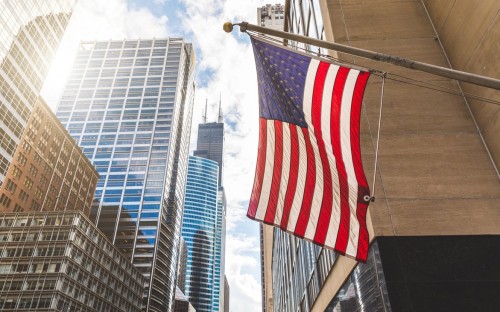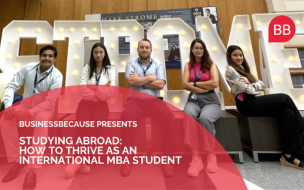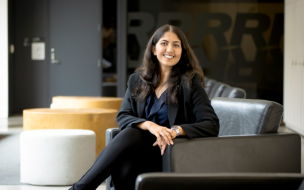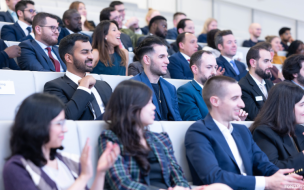Just the three of us
Business has a responsibility to work to reduce social inequality and provide opportunity for members of society stuck between an economic rock and a hard place.
Three teams of students from the University of Michigan’s Ross School of Business this summer completed the Ross Open Road challenge—a social-impact based road trip now in its third year, where teams of students travel across the US helping small business owners tackle real time business problems, while gaining real-life experience of what it is to run a successful business venture.
TeamACAI—made up of Ian Stackhouse-Kaelble, Apoorva Kanneganti, Alexis Morath, and Courtney Poopat—had experience in healthcare, technology, financial services, and education.
They began by working with the Michigan Good Food Fund—a $30 million public-private loan fund providing financing to good food enterprises who in turn increase access to affordable, healthy food in low-income and underserved communities in Michigan.
That work set the tone for the entire Open Road initiative. They also worked with Mindshift—a venture that develops highly skilled people on the autism spectrum, readying them for work—and community housing development organization, Homes First, in Washington.
What the Ross Open Road initiative does is drive home the message that business can and should be a force for good. By travelling across the country and collaborating with small businesses and non-profit organizations who look out for the underserved, communities are reminded that they do matter, and that there are a group of people working to ensure they are not left behind.
The other two teams—MACK and THIS—had a similar experience to their peers in TeamACAI.
TeamMACK—made up of Mark Green, Allison Bernstein, Kashay Sanders, and Christopher Own—worked with organizations like Green Opportunities in Asheville, who develop people from marginalized communities into potential candidates for careers in sustainable business.
TeamTHIS—the combined effort of Tsering Sherpa, Stephanie Dollan, Jinny Han, and Thai Ha-Ngoc—travelled from Michigan to Montana and Washington. On the road, they worked with Western Sustainability Exchange, who work to increase the economic viability of sustainably produced food in Montana.
They finished their trip in Seattle, collaborating with Catalyst Kitchens—a network of more than 50 impact-oriented organizations who inspire people through job training, social enterprise revenue generation, and quality food.
So, there you have it, a roundup of some of the best stories of diversity and social impact coming out of US business schools today. In contrast to the rhetoric coming out of the Oval Office, when it comes to cross-border collaboration and integration in America, US business schools seem to be trumping the President.
RECAPTHA :
c5
8d
37
7f











